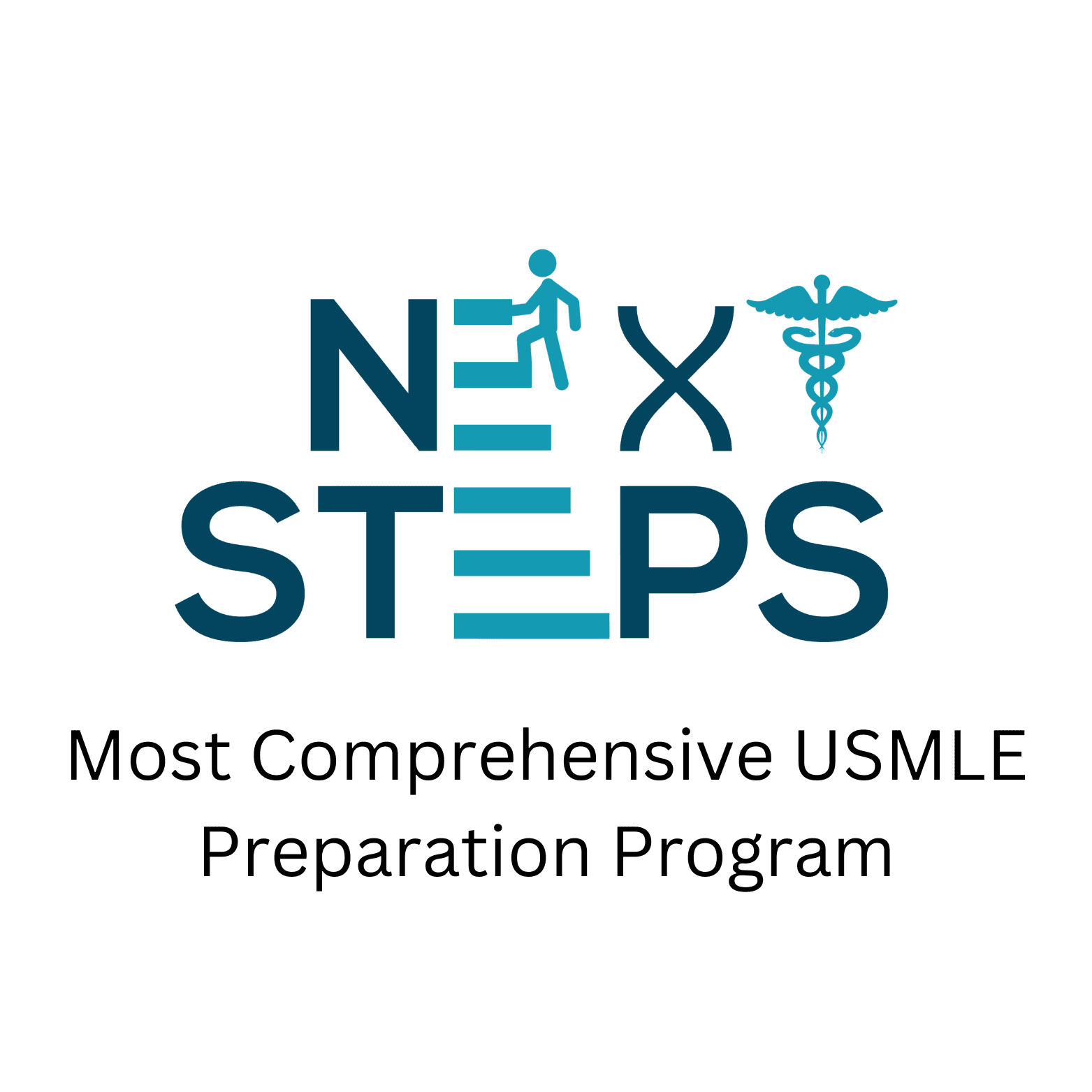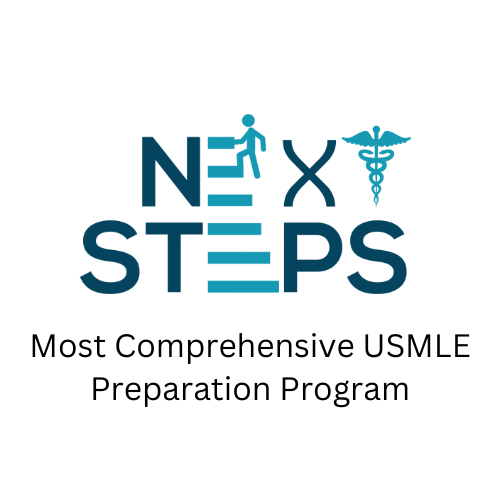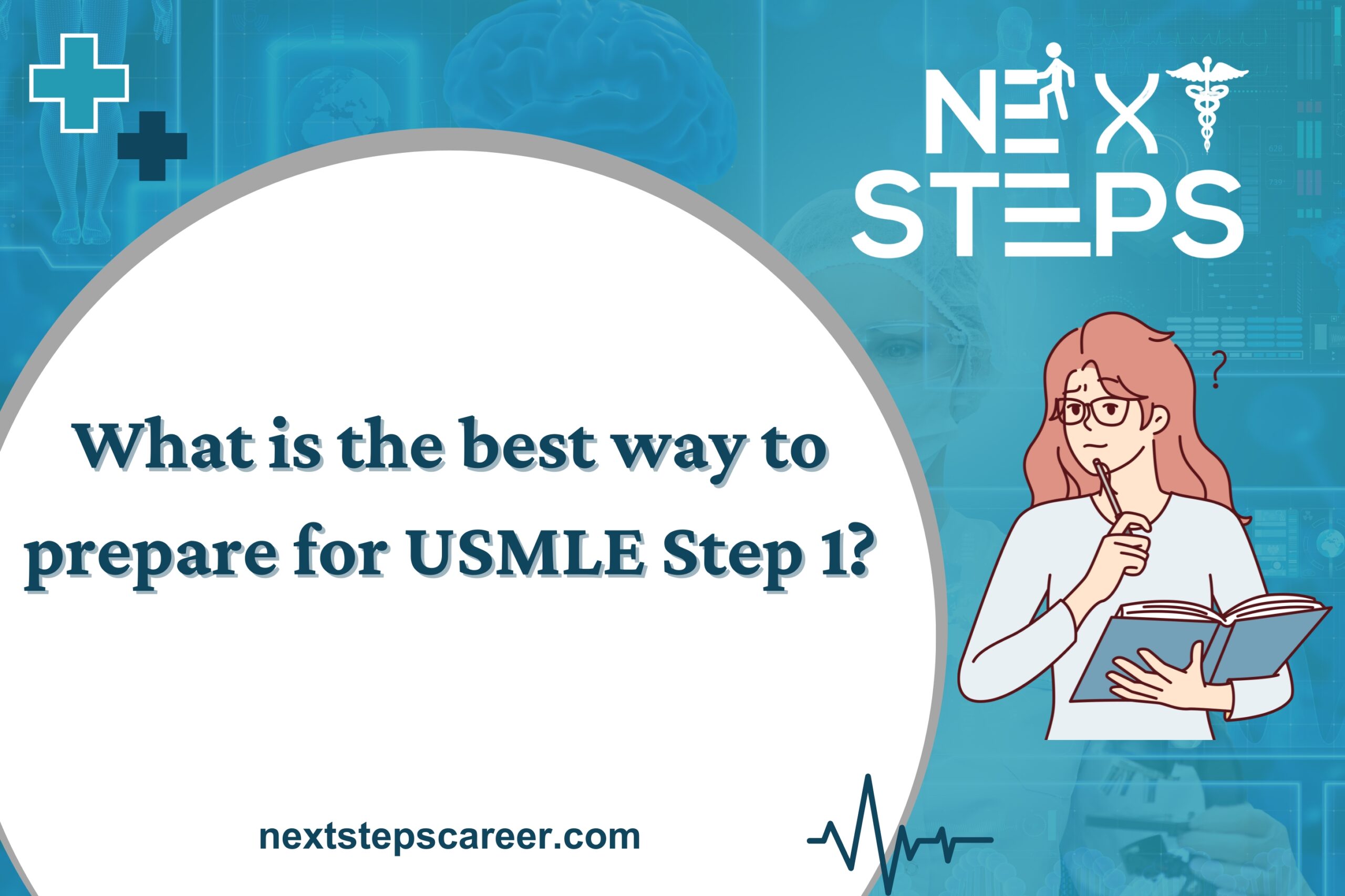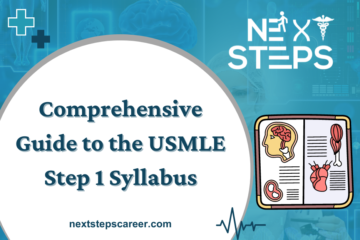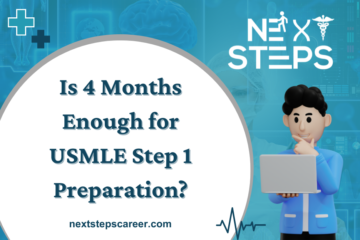What is the Best Way to Prepare for USMLE Step 1? A Strategic Guide for Aspiring Medical Professionals
The USMLE Step 1 is one of the most important exams for medical students and international medical graduates (IMGs) aiming to practice medicine in the U.S. It serves as a foundation for your future medical career by testing your grasp of essential medical sciences, analytical thinking, and clinical knowledge. Given its importance, preparing for USMLE Step 1 requires a well-thought-out, strategic approach. This guide will walk you through the best practices for effective USMLE Step 1 preparation.
1. Understand the Format and Content of USMLE Step 1
USMLE Step 1 assesses your understanding of basic sciences as they relate to medicine, covering subjects like:
-
- Anatomy
-
- Biochemistry
-
- Physiology
-
- Pathology
-
- Pharmacology
-
- Microbiology
-
- Behavioral Sciences
The exam consists of multiple-choice questions (MCQs) spread across seven one-hour blocks. The focus is on understanding concepts and applying knowledge rather than rote memorization. Knowing the format will help you prioritize your study and prepare in a targeted manner.
2. Develop a Study Plan
A study plan is crucial for USMLE Step 1 success. Here are steps to create an effective plan:
1. Set a Timeline
-
- Plan a timeline that aligns with your academic schedule and allows ample time to review all topics. A 4-6 month study period is commonly recommended, but some students may need longer, depending on their familiarity with the material.
2. Break Down Subjects
-
- Divide your study time by subjects and topics. Start with foundational subjects (like biochemistry and physiology) before moving on to more clinically oriented topics (like pathology and pharmacology).
3. Allocate Daily Study Goals
-
- Set daily study goals to stay on track. For example, cover 20-30 pages of a review book or complete 40-50 practice questions daily. Consistency is key, so make sure your daily goals are realistic and achievable.
3. Choose the Right Resources
Selecting high-yield study resources can make a huge difference in your preparation. Here are some top-recommended resources for Step 1:
1. First Aid for the USMLE Step 1
-
- First Aid is a staple for Step 1 preparation. It covers all high-yield topics, provides helpful mnemonics, and is well-organized for quick review.
2. Question Bank
-
- Next Steps question bank is one of the most trusted resources for Step 1 preparation. Practicing with Next Steps questions helps you familiarize yourself with the exam format, improve your test-taking skills, and understand complex concepts.
3. Pathoma and Next Steps Mentoring App
-
- Pathoma is excellent for understanding pathology concepts, and Next Steps Mentoring App provides memorable, visual representations for microbiology and pharmacology.
4. Anki Flashcards
-
- Anki is a spaced repetition flashcard tool that can significantly enhance your memory retention, especially for high-yield facts and concepts. Consider using pre-made Step 1 decks or creating your own as you study.
4. Master Core Concepts
Understanding core medical concepts is crucial for Step 1 success. Here’s how to approach it:
-
- Focus on Understanding, Not Memorization: Step 1 questions often require application, not just recall. Focus on truly understanding concepts rather than merely memorizing facts.
-
- Integrate Information Across Subjects: Connect the dots between different subjects. For example, understand how biochemical pathways relate to diseases you learn about in pathology, and link pharmacology with physiology.
5. Regular Practice and Self-Assessment
Practice questions and self-assessment are essential parts of USMLE Step 1 prep. Here’s how to incorporate them:
1. Do Daily Practice Questions
-
- Use question banks like Next Steps daily to improve your critical thinking and answer questions under timed conditions. Aim for 40-80 practice questions daily to build stamina and familiarity with question styles.
2. Take Full-Length Practice Exams
-
- Take practice exams at regular intervals to assess your progress. Full-length NBME practice exams can help you gauge your readiness and pinpoint areas for improvement.
3. Review Missed Questions Thoroughly
-
- Review both correct and incorrect answers carefully. Focus on understanding the explanation and take notes on high-yield information for review.
6. Utilize Spaced Repetition for Memorization
To retain the vast amount of information needed for Step 1, use spaced repetition techniques, like those provided by Anki. Spaced repetition helps you reinforce and retain key information over time, making it easier to recall during the exam.
7. Build Test-Taking Stamina
Step 1 is a long exam that requires both mental focus and physical stamina. Build your endurance gradually:
-
- Simulate Exam Conditions: Practice doing question blocks in a quiet environment under timed conditions.
-
- Take Care of Your Health: Ensure you’re getting adequate sleep, eating well, and exercising regularly to keep your mind and body in peak condition.
8. Focus on High-Yield Topics Close to the Exam
As your exam date approaches, focus on high-yield topics that are commonly tested. Use your last few weeks to review First Aid, practice Next Steps questions, and reinforce weak areas identified in practice exams.
9. Stay Calm and Confident
Stress management is essential for effective studying and exam-day performance. Try the following techniques to manage stress:
-
- Mindfulness and Relaxation Techniques: Practicing deep breathing, meditation, or mindfulness can help you stay calm and focused.
-
- Confidence in Your Preparation: Trust the process and have confidence in your study plan. Focus on your progress and accomplishments rather than comparing yourself to others.
Final Thoughts
In summary, preparing for USMLE Step 1 requires a combination of thorough planning, high-yield resources, consistent practice, and resilience. With the right approach and dedication, you can achieve a strong Step 1 score that will set the foundation for a successful medical career in the United States.
By following these guidelines and staying committed to your goals, you’ll be well on your way to conquering Step 1. Best of luck in your preparation journey!
